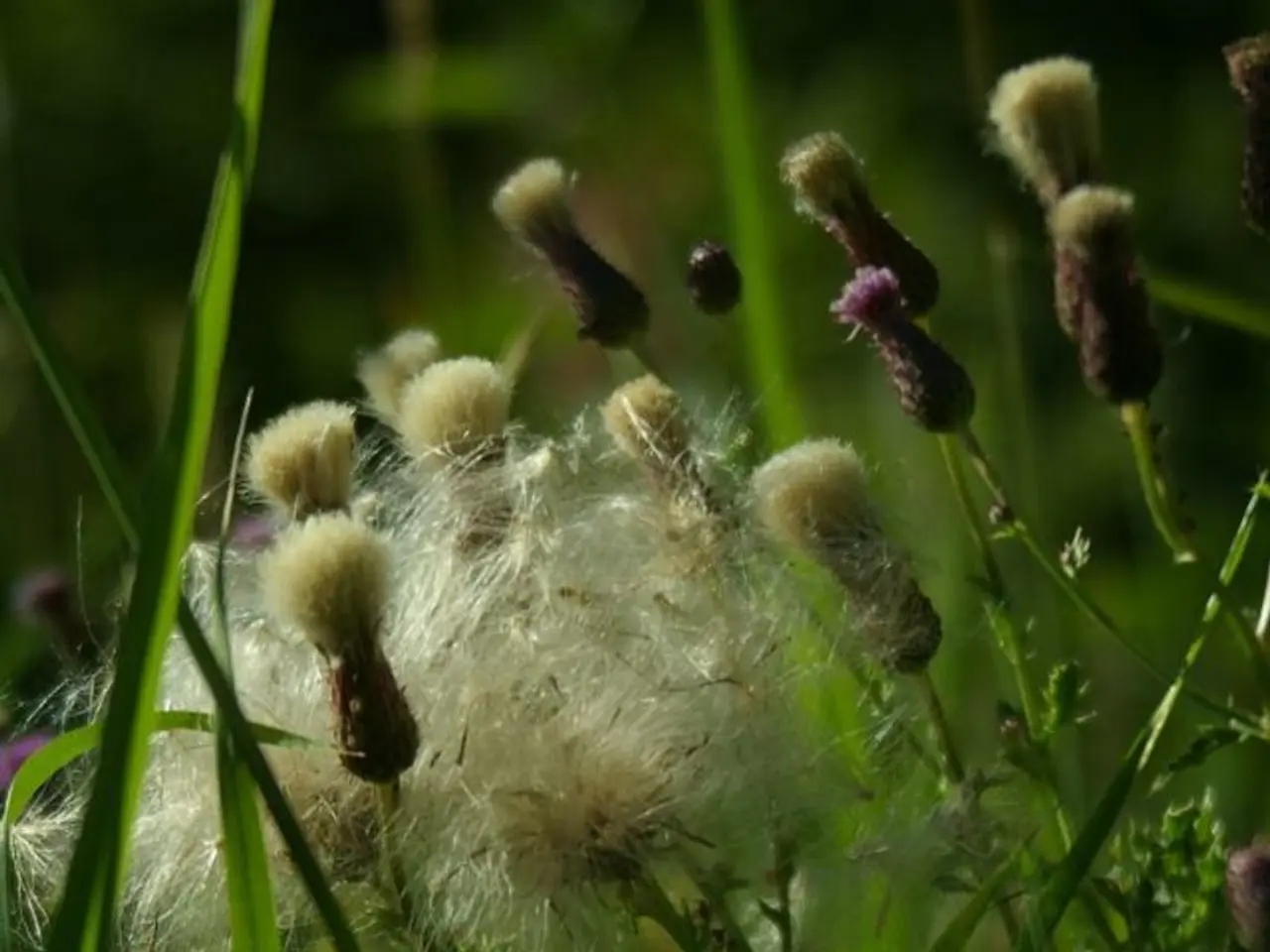Artificial Intelligence Learned to Recognize Borst Patterns
Artificial Intelligence Aids in the Fight Against Giant Hogweed in St. Petersburg
A new development in the battle against the invasive and dangerous Giant Hogweed has emerged in St. Petersburg, Russia. The city has deployed an AI-based detection system to identify and control the spread of the plant, with promising results.
In the summer of 2025, the State Administrative-Technical Inspectorate of St. Petersburg (GATI) began training a neural network to automatically identify Giant Hogweed. The purpose of the training was to detect the invasive plant at the earliest stages, with the aim of limiting its growth and preventing health and environmental risks.
The training, ordered by Vice-Governor of St. Petersburg, Eugeny Razuminsky, involved demonstrating all stages of the Giant Hogweed's growth to the artificial intelligence for detection. The AI was found to be highly effective, successfully identifying multiple hogweed violations on private lands shortly after deployment.
Eight mobile neural network complexes, known as "Gorodovoi," are currently monitoring territories in all districts of St. Petersburg along 186 routes daily. If the AI detects Giant Hogweed on private land and owners have not removed it, it results in recorded violations, meaning owners may face enforcement actions or penalties enforced by city authorities.
The fines for keeping territories with Giant Hogweed total 100,000 rubles per instance. To date, eight property owners have already received fines for keeping their territories with Giant Hogweed. If Giant Hogweed is detected by the neural network complexes, the territory owners are automatically fined.
The repeat inspections by the neural network complexes ensure that the owners have successfully removed the Giant Hogweed from their properties. In addition to paying the fine, the owner must take measures to remove the Giant Hogweed from their property.
The AI detection system enhances early identification and control of Giant Hogweed, increasing accountability among landowners and aiding city efforts to limit the weed’s spread across St. Petersburg. This AI approach also serves as a model for managing invasive species more broadly in urban and agricultural settings.
The report was based on information from the press service of the State Administrative-Technical Inspectorate of St. Petersburg (GATI). The operation of the neural network complexes has been reported by TASS, highlighting the significance of this development in the fight against the invasive Giant Hogweed.
The neural network, trained by the State Administrative-Technical Inspectorate of St. Petersburg (GATI), is now using artificial intelligence to detect Giant Hogweed, thereby aiding in the control and potential eradication of the invasive species. The deployment of this technology has already resulted in fines for eight property owners who failed to remove the Giant Hogweed from their lands.




